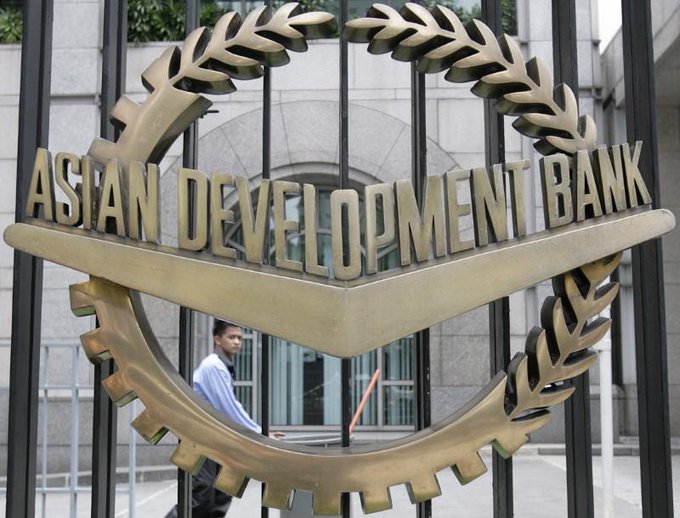Deeper 2020 Contraction Expected in Mongolia Before 2021 Rebound — ADB
Mongolia’s economic contraction continues to deepen due to the ongoing impacts of the coronavirus disease (COVID-19) pandemic, but it will recover in 2021 as regional economies rebound, says a new report by the Asian Development Bank (ADB).
In its Asian Development Outlook (ADO) 2020 Update, ADB projects Mongolia’s economic growth to further reduce to -2.6% in 2020, a downgrade compared to the 2.1% forecast in April and -1.9% in June, before rebounding to 5.1% in 2021. ADO is ADB’s flagship annual economic publication.
“Mongolia was able to contain the pandemic but could not avoid the associated economic cost,” said ADB’s Country Director for Mongolia Pavit Ramachandran. “The external economic shock has left the economy in deep recession, and careful management of macroeconomic fundamentals will be required for recovery.”
Gross domestic product (GDP) contracted by 9.7% in the first half (H1) of 2020 mainly because COVID-19 substantially reduced exports and capital inflows. Declines in mining, manufacturing, construction, transportation, trade, and services dragged down GDP growth, leaving agriculture as the only positive contributor. Merchandise trade turnover shrank by 16.6% year-on-year in the first 7 months of 2020.
Meanwhile, average annual inflation fell from 7.1% in H1 2019 to 6.1% in H1 2020—further below the 8% target set by the Bank of Mongolia, the central bank—as high food inflation was tempered by reduced domestic demand and prices for transportation and recreation. Weak demand will keep inflation this year lower than earlier forecast, but revived demand and imported inflation will push it higher.
Some signs of recovery in the neighboring People’s Republic of China and significant rebounding of copper and gold prices implies that exports and mining output will pick up in the second half. Fiscal space for stimulus is in short supply this year, and balance of payments and exchange rate concerns are likely to rule out further easing of monetary policy. An external downside risk to the outlook would be delayed economic recovery globally or regionally as the pandemic containment drags on. Domestic risks include unemployment, potentially unstable finances, and inconsistent macroeconomic policy deepening pressure on the balance of payments.
ADB is committed to achieving a prosperous, inclusive, resilient, and sustainable Asia and the Pacific, while sustaining its efforts to eradicate extreme poverty. Established in 1966, it is owned by 68 members—49 from the region.

